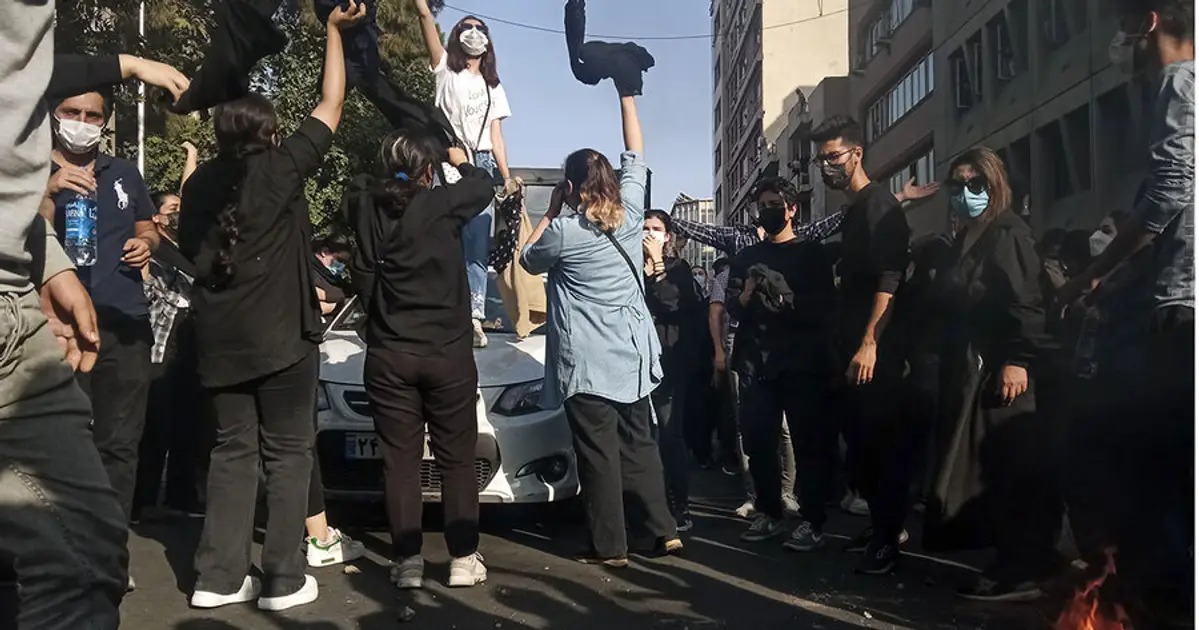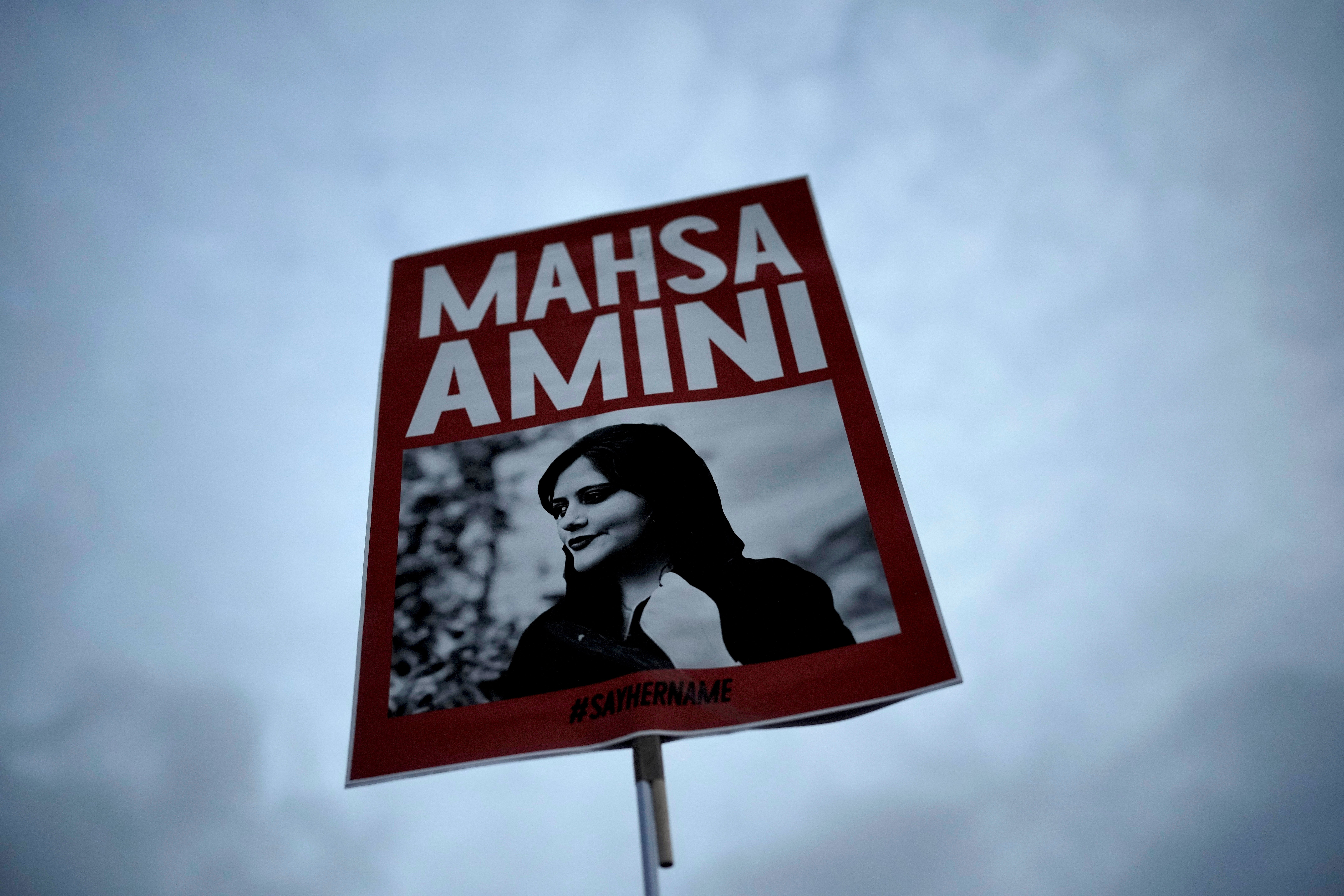Iran’s judiciary has pressed charges against several journalists and activists following the publication of a BBC report alleging that security forces sexually assaulted and killed a 16-year-old protester named Nika Shakarami in 2022.
The Mizan news agency, which is run by the judiciary, criticized the BBC Eye investigation, labeling it as “fake, incorrect, and full of mistakes.” However, it did not disclose the identities of the individuals summoned for allegedly “disrupting the psychological security of society.”
Two Iranian journalists, Mohammad Parsi and Marzieh Mahmoodi, revealed that prosecutors had initiated cases against them in connection with their comments on the report.

Parsi stated on Twitter/X that he was summoned by the Tehran Prosecutor’s Office for publishing an “article about Nika Shakarami and the details of her murder,” while Mahmoodi shared that the charges against her remained unspecified.
Interior Minister Ahmad Vahidi, in the first official response to the BBC investigation, dismissed its findings as a conspiracy by Iran’s adversaries. He claimed that the report was part of a broader effort to divert attention from ongoing pro-Palestinian protests in the US and Iran’s recent missile and drone attack on Israel.
Nika Shakarami had become a symbol of the “Woman, Life, Freedom” protest movement after the death of Mahsa Amini, a 22-year-old woman who died in custody in September 2022.
Shakarami was filmed setting fire to her headscarf at a protest in Tehran on September 20, 2022, before disappearing later that evening while allegedly being pursued by security forces. Her family discovered her body at a mortuary over a week later, rejecting officials’ claims that she had committed suicide.

The BBC Eye investigation, published on Monday, was based on a leaked internal document summarizing a hearing on Nika’s case held by the Islamic Revolution Guard Corps (IRGC).
According to the document, Nika was detained and assaulted by members of a paramilitary group deployed by the IRGC to monitor protests in Tehran. The document alleges that she was molested, beaten to death with batons, and dumped on a street by the IRGC.
While acknowledging the existence of fake Iranian official documents, the BBC maintains that its extensive investigations support the authenticity of the documents obtained. The IRGC and Iranian government were given an opportunity to respond to the allegations prior to publication but did not do so.


